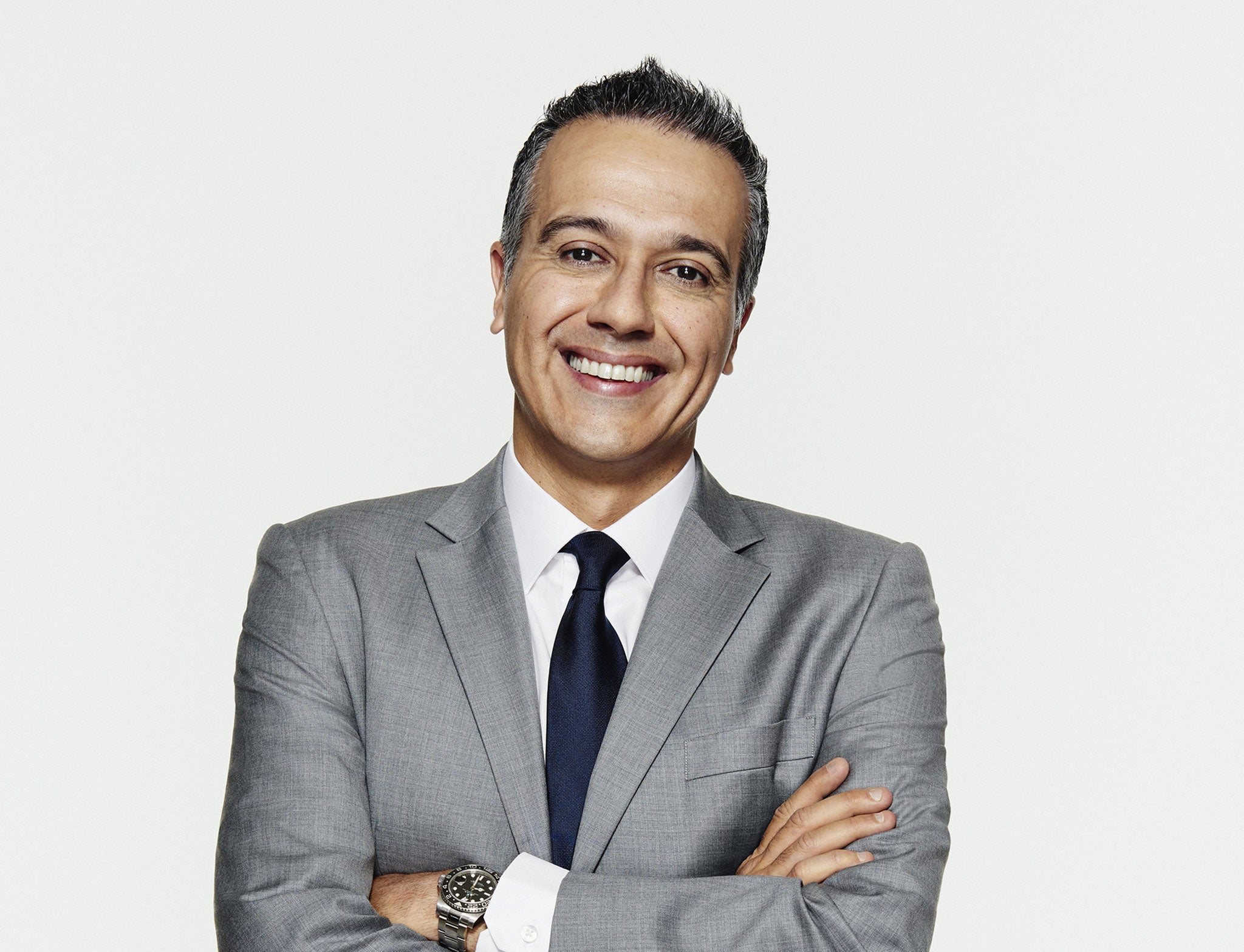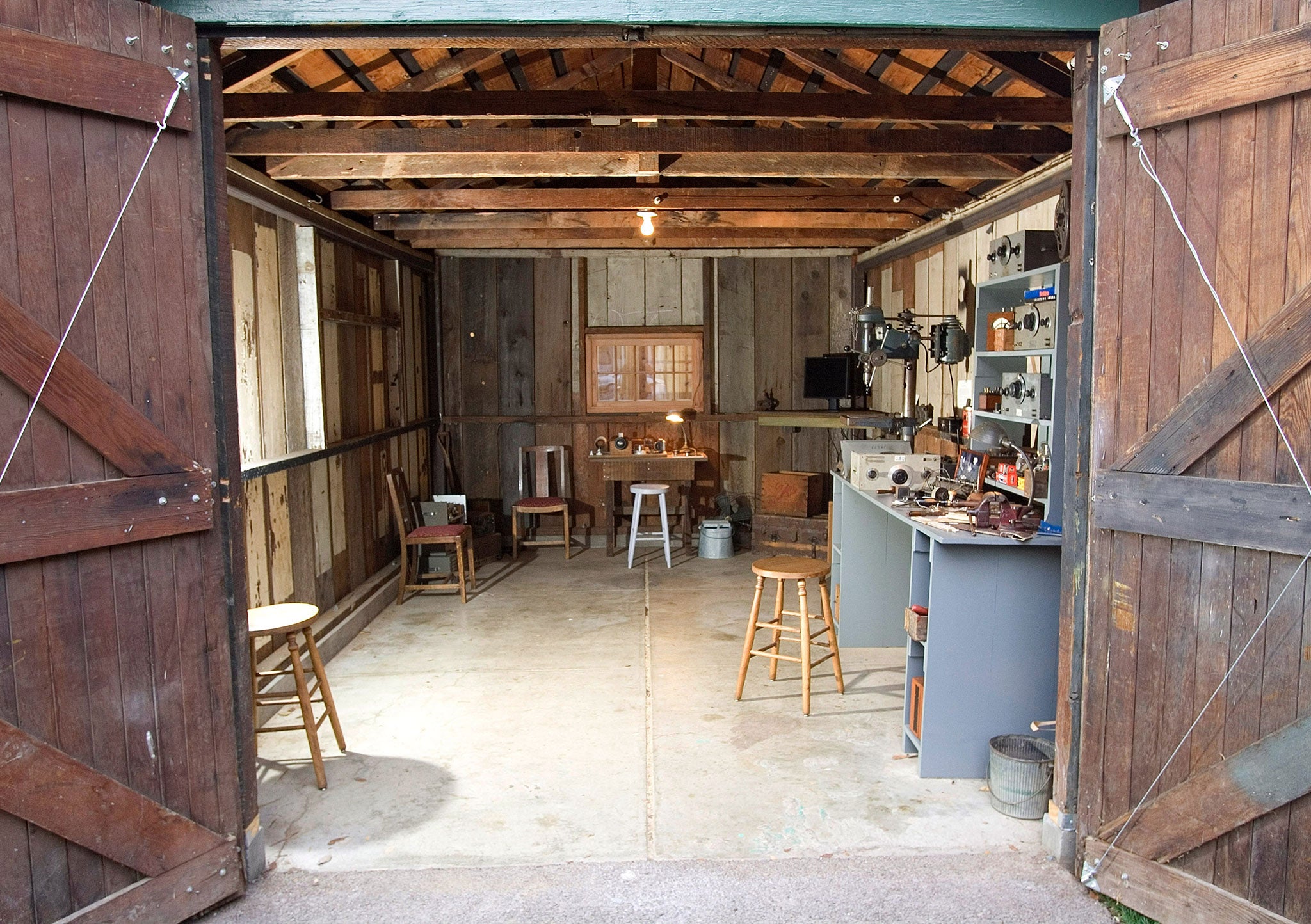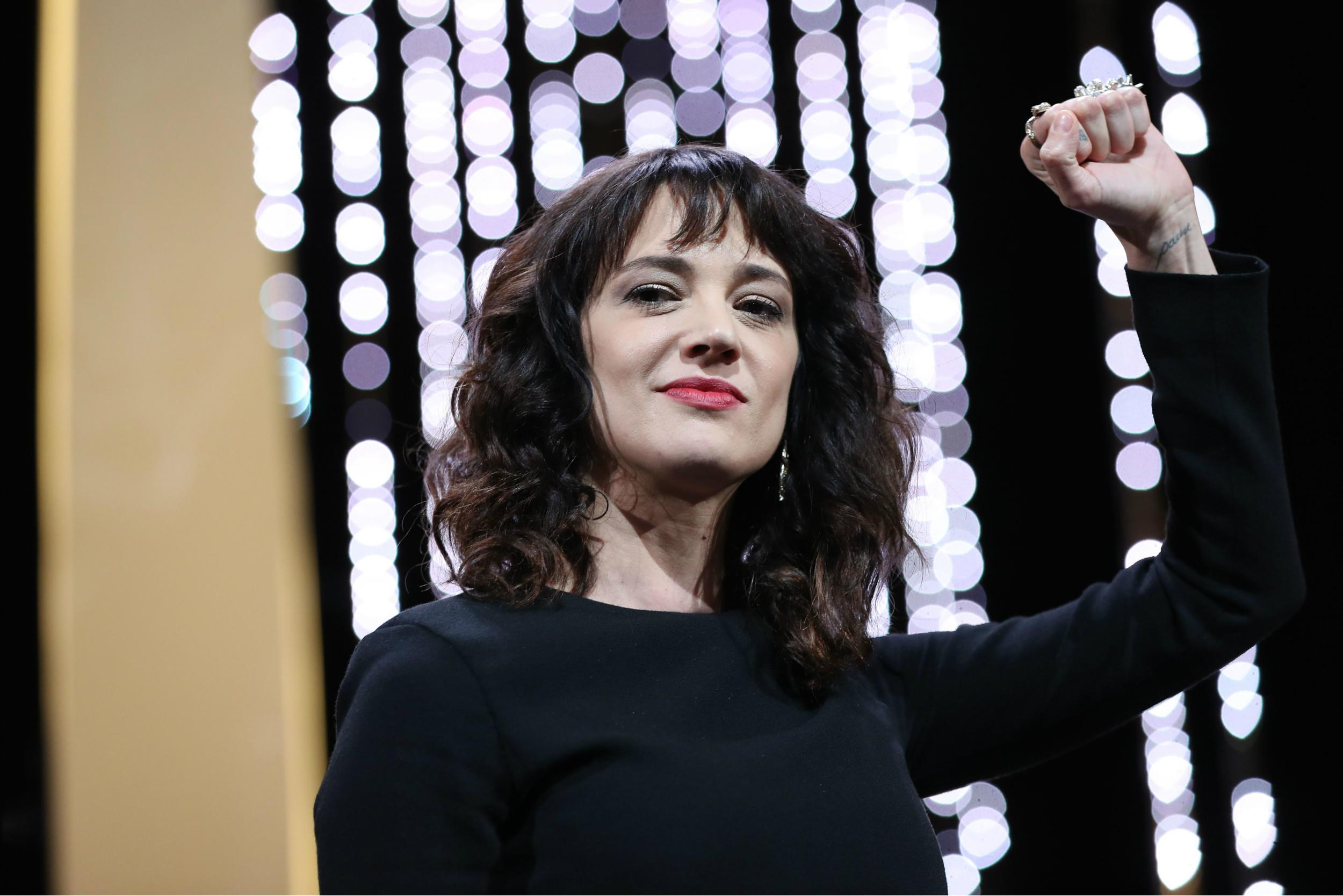A View from the Top: Nick Lazaridis on HP's remarkable turnaround and tech's diversity problem
HP has been undergoing somewhat of a renaissance after years of struggles and boardroom strife

The Cannes Film Festival doesn’t immediately strike me as Nick Lazaridis’ natural habitat. He’s not a movie star but an IT executive – the president for Europe, the Middle East and Africa (EMEA) at HP.
His demeanour is also a long way from that typically associated with the French Riviera’s red carpets. He’s relaxed and down-to-earth, with a disarming smile. Many of the movie industry bigwigs and their acolytes strutting up and down the promenade yards away would, I suspect, have trouble cracking a smile, even if they wanted to.
None of the glamour or celebrity ego phases the affable Australian. “Growing up in Australia, you didn’t see anybody as superior or inferior. It was very flat, you know?
“We’re Aussies so we’ll go to the pub, we’ll see the prime minister, he’s in having a pint so we’ll have a pint with him. We don’t care who it is. We’re very much, ‘well, screw it, we’re all people at the end of the day’.”
His approach to hiring and diversity is similarly matter of fact: “We’re a meritocracy. I couldn’t care if you’re a donkey. If you do a good job you’re getting paid.”
HP, where Lazaridis has worked for six years after stints at Lenovo, Dell and Acer, has been a major presence at Cannes for 15 years.
But how does a firm associated in many people’s minds with functional, grey inkjet boxes find itself intertwined with Cannes, a place where Gucci shops adorn every corner and superyachts fight for space in the harbour?
Well, HP’s slot in the public imagination – in the UK at least – is more than a little unfair, given its history.
“Without HP there would be no Silicon Valley,” says Lazaridis. “We have so many of the world’s best-kept secrets.”
The company has been deeply involved in the high tech workings behind the scenes of the Hollywood studios since David Packard and Bill Hewlett started working together in a tiny shed in Palo Alto, California, almost 80 years ago.
Disney was preparing to release Fantasia at the time, the first film to be shown in cinemas in stereo sound. The studio came to the two young engineers requesting sound equipment to help create the new audio experience in cinemas.
The company was born and that shed is now preserved as a historical monument, along with a plaque stating “Birthplace of Silicon Valley”. Now HP provides many of the ultra-high-powered computers used for animation and sophisticated post-production work.
From its earliest days, HP built a reputation for being one of the most innovative companies in the world as well as for pioneering a uniquely progressive, ethical and egalitarian approach to its employees, in the belief that happy staff would be more productive.
It became the archetype for today’s Silicon Valley firms by offering perks like free snacks all day, presents to mark employees’ life events, as well as casual Fridays with beer carts. It was the first US firm to offer flexitime, it made early commitments to diversity and on a number of occasions reduced working hours during downturns to avoid redundancies.

But by the 2000s, the company had badly lost its way. When Lazaridis joined in 2012 HP was at a nadir. “The company had come through multiple CEOs, boardroom scandals and the industry as a whole was doing this,” says Lazaridis, making a dipping motion with his hand.
A few months earlier, one of HP’s biggest admirers, Steve Jobs, delivered a more damning assessment. Weeks before his death, wheelchair bound, Jobs said HP was being “dismembered and destroyed”.
“I hope I’ve left a stronger legacy so that will never happen at Apple,” he added.
Relentless expansion, botched acquisitions, acrimonious boardroom disputes and cuts to research and development (R&D) budgets all inflicted damage. HP axed tens of thousands of jobs as it went through brutal cost-savings. The “HP Way”, as the company’s approach had become known, was as good as dead. Some predicted the company wouldn’t be far behind.
“We were trying to do everything; to be the company that provides you with a $90 (£67) tablet and the one that gives you a half-million dollar supercomputer,” says Lazaridis. “You can’t do it all.”
When he got the call from HP, Lazaridis admits he had his doubts about joining.
“I thought: ‘Do I really want to go and work at HP? These guys are dying, everything’s going wrong.’ But then I thought: ‘This is what I do. This is what I know.’”

“Every company I’ve joined, I’ve joined when its been in distressed. I prefer that – to be where there are a lot of things to fix and to turn something around.”
In 2015, the firm was split into two: HP Inc, the computers and printers business that Lazaridis calls home, and Hewlett-Packard Enterprise, which is more focused consultancy work.
With chief executive Meg Whitman moving to Enterprise, it was easy for observers to cast HP as the less cared for sibling. Many predicted Enterprise would thrive while the “boring” PC business would wither away.
The opposite has happened and HP is experiencing a renaissance. Lazaridis says the split has freed the firm to return to its roots and focus again on R&D and design, which were neglected while the bigger company pursued the latest buzzword: cloud, big data, etc.
Last year, HP regained its position as the world’s number one PC manufacturer and it has stretched its lead since. “Look at our products now. I say they’re stunning, and I’ve worked in almost every PC company,” Laziridis says. The grey boxes are well and truly a thing of the past.
HP is also pushing into higher-growth markets like 3D printing, gaming and virtual reality. While it was hardly the first to the 3D printing market, the firm has been able to take advantage of its huge number of patents on other printing technologies to get a flying start in the business, says Lazaridis.
The company’s printers make specialist, individualised sports shoes and replacement parts for vehicles among a host of other products. It will soon add 3D printing of metals to its existing plastics business.
The company’s financial fortunes may be returning to where they once were, but what about that progressive ethos? The tie-up between HP and Cannes brings together tech and film, two male-dominated industries that have been forced to face up to big problems over the past year. In different ways, misogyny, sexism and male abuse of power have been allowed to take root in some parts of both fields.
Lazaridis says big progress has been made on gender diversity in the IT world. “When I got my first job at Acer in 1992, it was a shock. I looked around the room and thought, ‘there are about 100 men and only three women in here,’” he says.

He describes what sounds like a salesroom atmosphere in some parts of the industry where “cowboys” were allowed to flourish. That is gone but more progress is still needed, he says.
Historically, much of the problem has been the fact that women have not been attracted to science, technology, engineering and maths (STEM) degrees needed for a career in IT, but this is changing rapidly, Lazaridis says.
“Where we’ve spent a lot of effort is trying to get women to understand that IT is a great industry, it pays well, and if you do STEM you’ve got a great opportunity for a good career.”
His own experience has also informed a commitment to equal pay, he says. “I grew up with a very strong female figure, my mother.
“My father passed away when I was quite young so my mum was dad and mum. Why would she accept getting paid less? It’s just wrong.”
Join our commenting forum
Join thought-provoking conversations, follow other Independent readers and see their replies
Comments
Bookmark popover
Removed from bookmarks